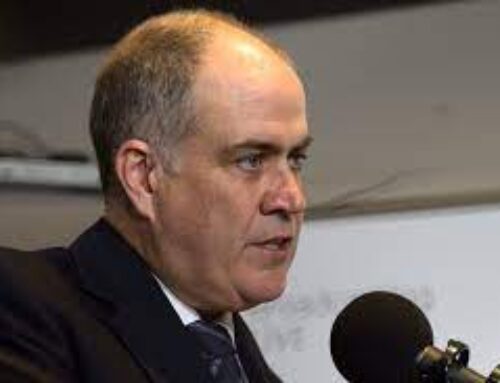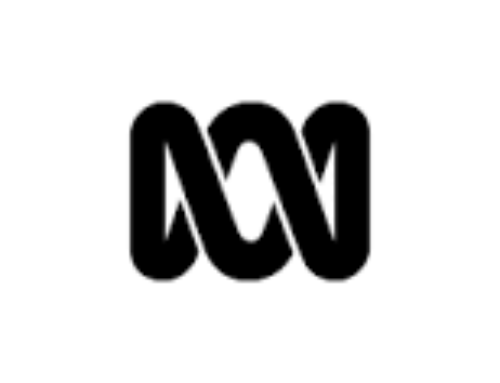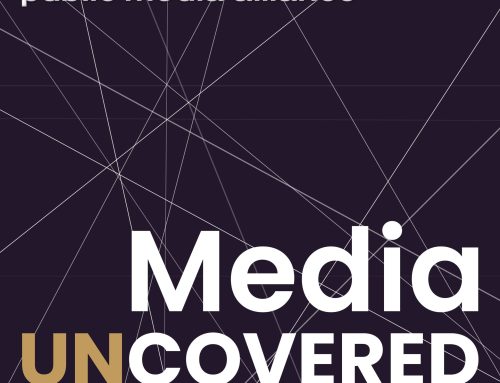Ministers seek alternatives as half a million stop paying
The Times | July 17, 2023 | Steven Swinford, Political Editor
The fall in the number of people choosing to pay the licence fee has been blamed on competition and the cost of living
The BBC is facing a formal review into the future of its funding amid concerns in government that the licence fee is “unsustainable”.
Ministers are expected to formally announce a review of its funding model in the autumn, which will consider alternatives including subscription, a broadband levy, increased commercial activity and advertising.
The review will assess the advantages and disadvantages of each model and present advice to ministers in the autumn of next year. The BBC’s royal charter is up for renewal in 2027.
The BBC’s annual report, published last week, revealed that the number of individuals opting to buy a licence fee had fallen by 500,000 to 24.3 million, which the BBC attributed to growing competition and the cost of living crisis. Licence fee income slipped to £3.74 billion from £3.8 billion as a result.
A government source said: “The evidence that there is a growing unwillingness to pay is shown by figures each year. The licence fee model is becoming unsustainable.”
Ministers are poised to intervene as the licence fee faces its biggest increase for 20 years in April next year after a two-year freeze. The licence fee is presently £159 and due to rise in line with an “annualised” level of inflation, expected to be 8.2 per cent. This means it would increase by £13 to £172.
The government is instead looking to link the rise to a monthly inflation figure later this year. Inflation is expected to fall significantly in coming months.
The review of BBC funding is expected to examine “all options” for the future of the corporation. One of the frontrunners is said to be a partial subscription model, where some premium content is paid for while others the bulk of the corporation’s output remains free-to-air.
The review will also assess whether the BBC could make more money from commercial activities, such as selling successful formats. BBC Studios, the corporation’s production arm, made £240 million in profit last year.
Even advertising, which is used to fund ITV, Channel 4 and other broadcasters, will be considered.
The BBC has also previously floated the idea of funding its services through a monthly levy on broadband connections. It said that linking the fee directly to an existing “common household bill”, such as broadband bills or electricity, could make the licence fee easier to enforce.
The Times has been told that the most likely approach will be a “hybrid” option such as funding the corporation partly through a licence fee.
Last week Richard Sharp, the former BBC chairman, noted the regressive nature of the funding model as he called for wealthier homes to pay more, potentially calculated via a household levy based on property value or a tax on broadband bills.
The Lords communications committee, which is led by Baroness Stowell of Beeston, a former BBC head of corporate affairs, said that the corporation must demonstrate “fresh thinking and a more open-minded approach than has been shown”.
News of the review comes after a week of crisis for the BBC when one of its top presenters, Huw Edwards, was accused of paying a young person for sexually explicit images, while the BBC was accused of improperly handling a complaint from the parents.
The Sun, in an interview with the family, reported that the young person had received £35,000 and said that the family’s concerns were not followed up properly by the broadcaster.
Last Sunday the BBC suspended Edwards, who was initially not identified as other allegations emerged, all as yet unproven, including claims that he had sent “abusive” messages to somebody he met on a dating app and allegations from junior BBC colleagues of receiving “inappropriate” texts.
The BBC is now conducting an investigation into alleged wrongdoing by the presenter, after both the Metropolitan Police and South Wales police found no evidence of crime and said they were not taking any further action.
Edwards’s wife, Vicky Flind, said he was suffering with “serious mental health issues” and is being treated in hospital.
The committee is preparing to question Tim Davie, the BBC director-general, on Tuesday about its plans, while also scrutinising the way in which it handled the allegations surrounding Edwards.
A source close to the committee said: “The committee won’t shy away from asking difficult questions and will want to be reassured that the current controversy won’t detract from the longer-term issues faced by the BBC. They’ll go straight in with the contemporary issue, which acts as a microcosm for its wider concerns around the BBC’s governance structure and how its board operates.”
In January last year, John Whittingdale, the culture minister, predicted that the number of people refusing to pay the licence fee would inevitably increase as he warned that convincing people of the BBC’s benefits is becoming tougher.
Setting out a potential array of alternative income streams, he noted that introducing advertising would undermine the commercial public service broadcasters ITV, Channel 4 and Channel 5, and that funding the BBC via taxation risked weakening its independence.
Whittingdale also noted that a subscription model for the BBC would only be possible when super-fast broadband has been universally adopted.
“It is not possible to offer subscription services through terrestrial transmission to a TV aerial as there is no facility to opt not to receive them,” he said.
“There are still nearly eight million adults in the UK who only have access to free-to-air TV. No government could contemplate removing free-to-air TV until [usage] is close enough to zero.”



